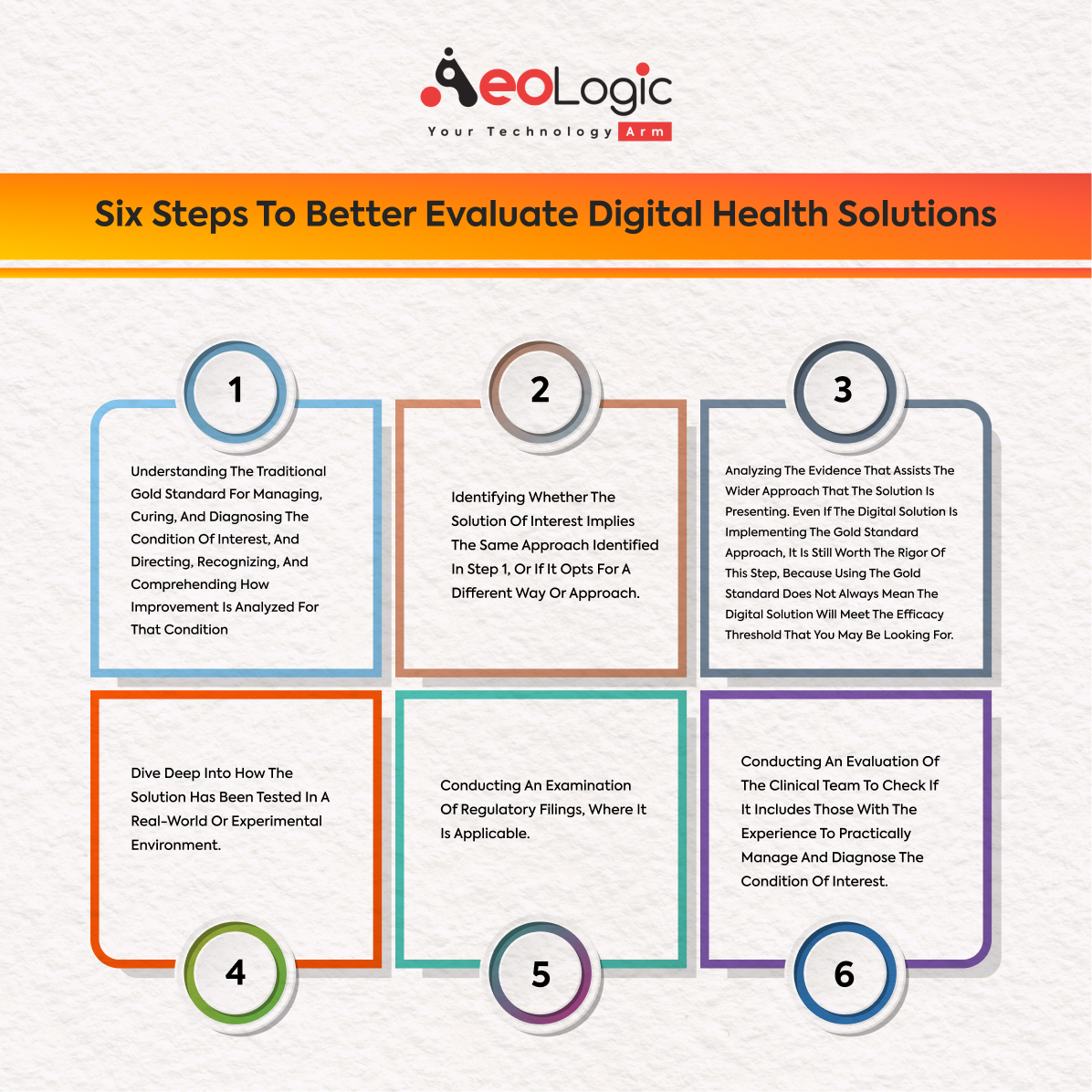This blog will discuss about the evaluation of IT solutions for healthcare management. There are two types of variation in healthcare necessary and unnecessary. Necessary variation is substance from standardized care grounded on individual patient characteristics performing in bettered issues. Unnecessary variation doesn’t affect in a benefit to the case and rather increases cost. Variation in practice patterns has been studied in multiple conditions and the conclusion is that advanced cost regions are not associated with advanced quality or issues. While health systems have to look at variation in care in order to reduce unwanted variation, they can look within their own four walls to gain perceptivity from data in order to reduce costs and ameliorate care.
Also read: Information Technology Solutions for Healthcare
The Value of IT Solutions for Healthcare Management
IT solutions for healthcare management requires a robust analytics platform. To do all of these things effectively, healthcare systems need a robust analytics platform. In order to gain deep perceptivity about the association, its cases, and areas to maximize enhancement, healthcare systems need an important analytics platform that brings data from numerous sources into a single source of verity. This allows an enhancement team to estimate the care that’s being handed, the impact on issues, and the impact on the cost of care. Formerly all the data is gathered, the coming step is to decide what information to concentrate on.

Reliable IT Solutions for Healthcare Management That Produces Sparks
Once health systems have all the data they need brought together in an analytics platform, they need to decide what information to concentrate on. Assembling an enhancement team is necessary to estimate and assess ideas for enhancement work. There are numerous great sources of information that spark ideas and excitement once enhancement team begin their work. These could include:
- Financial variance analysis
- Payer contract data
- Functional variance analysis.
- Data analysis.
- National standard data.
- Patient check results.
- Patient complaint reports.
- Individual ideas.
Sparks for enhancement ideas can also come from looking at processes, similar as creativity sessions with subject matter experts, process mapping, or functional analysis. The further enhancement teams begin to identify gaps in care, unintended variation, and other high impact advancements that can be made, the more clinicians, frontline leaders, and staff begin to engage in the process and put forth new and advanced quality ideas. As the saturation of quality increases, so do the quality and volume of new sparks.
Also read: Healthcare Technology Solutions Improves Patient Care and Management
Identifying and Evaluating Arising Healthcare Technology
In particular, health systems should identify ideas related to arising healthcare technology. So, how or where can a health system identify these sparks? While ideas are far and wide, some great places to identify implicit ideas related to new technology might include supply chain or operations, cost analyses, or doctors and staff questions.
Knowing What Data to Use
Enhancement team need to begin by asking, “What data should be used?” The road map of an enhancement path begins there and also might take the ensuing path by answering each of the questions or following the way below:
- They must first produce an original thesis and also look at what data is demanded.
- Where is the information documented: EMR, billing, other systems?
- Is it separate?
- Is it constantly documented?
- Also, is it in the analytics platform?
- Can it be matched at the applicable position (procedure vs. encounter)?
- Run the analysis.
- Do the results match the thesis?
- What other factors need to be applied?
- Rerun the analysis.
- Present to stakeholders for feedback.
- Add fresh factors as demanded.
At this point in the data journey, the enhancement team may take these results back to the subject matter experts and find out if the results make sense, if there are certain gaps, etc. The thing is to also have data that’s precious in terms of logical affair and precious to providers in informing clinical decision making.
Also read: The Importance of Information Technology in Healthcare
Conclusion
While IT solutions for healthcare management technology continues to advance quickly, sound assessment with non-homogenous patient populations lags significantly before. Eventually, health systems need to be suitable to make their own opinions regarding perpetration of arising healthcare technology and other high impact systems. Doing so requires a robust analytics platform.






